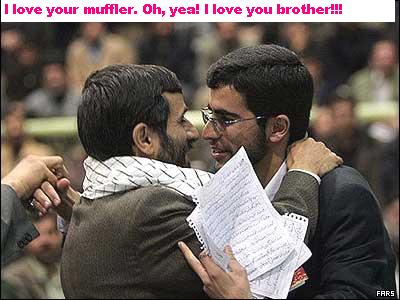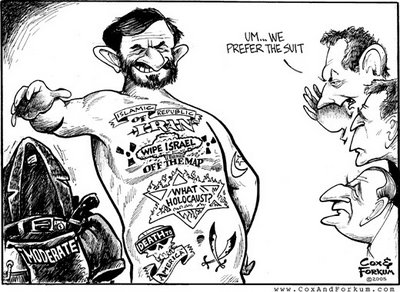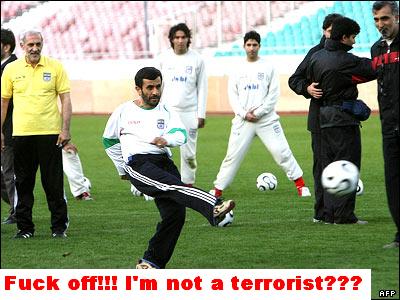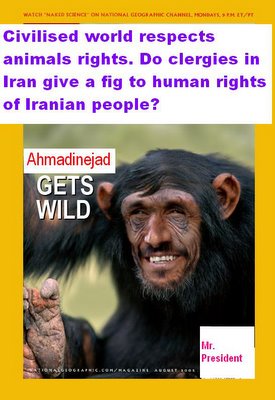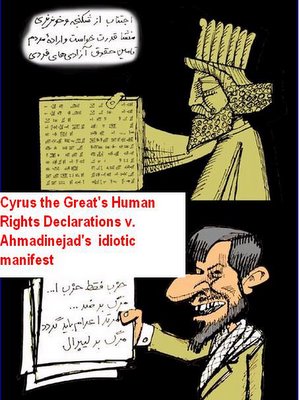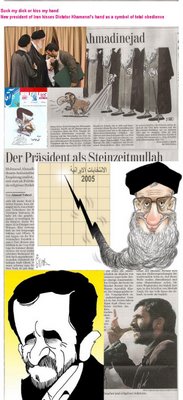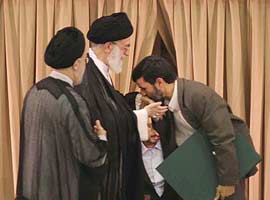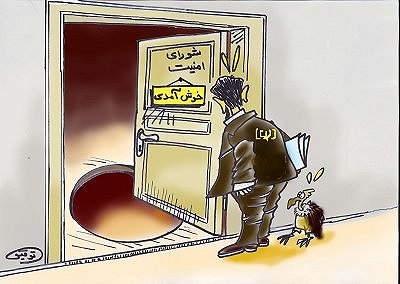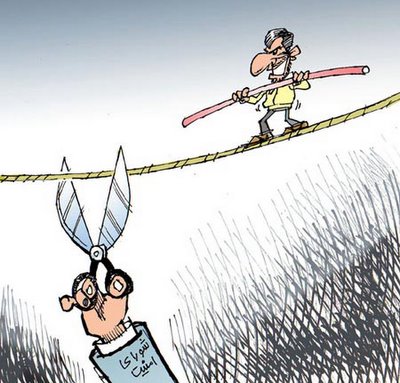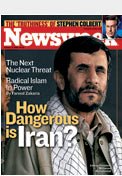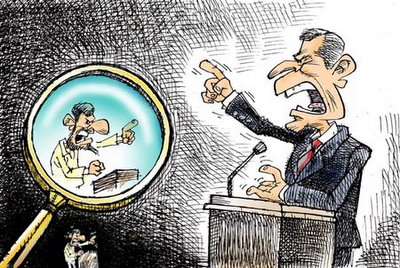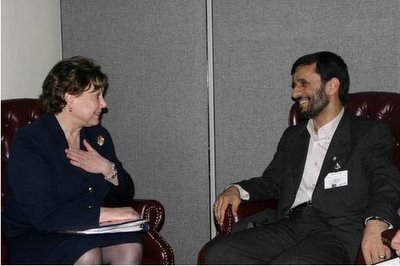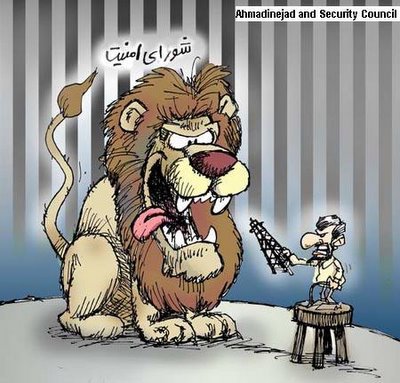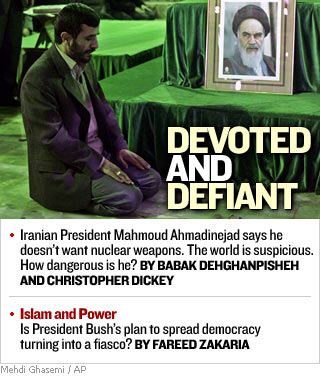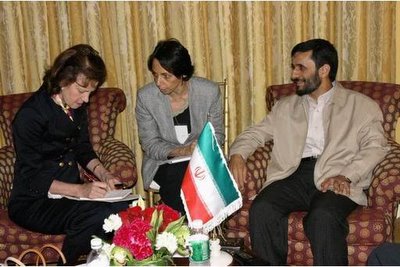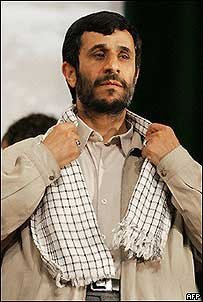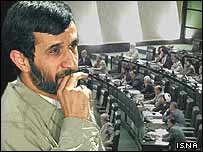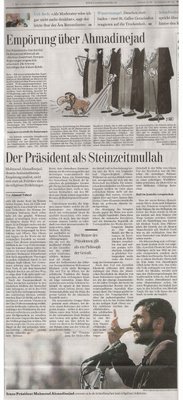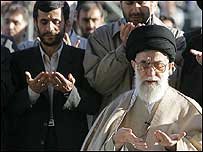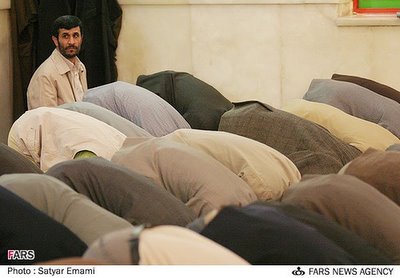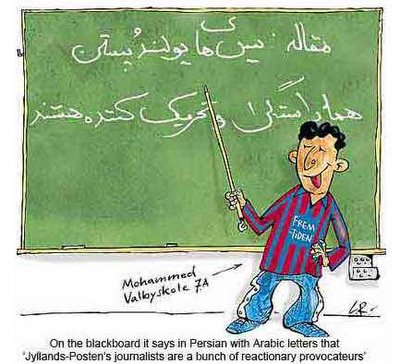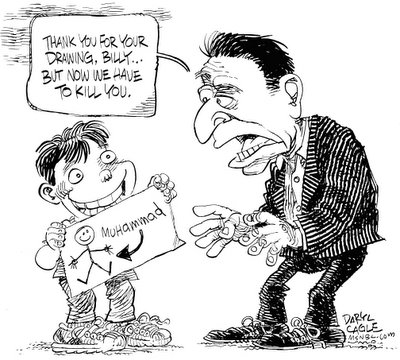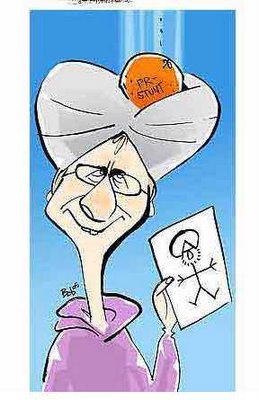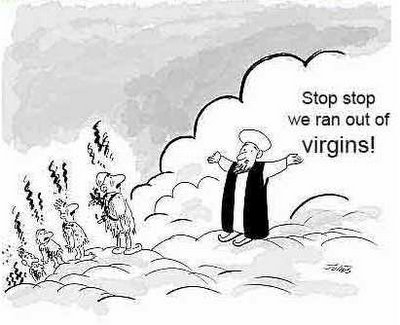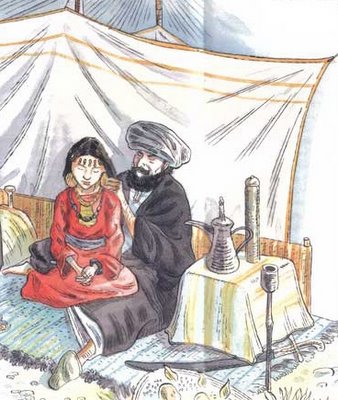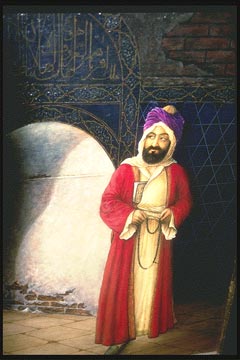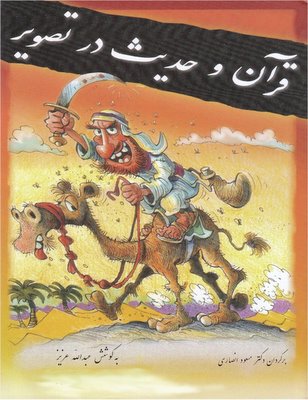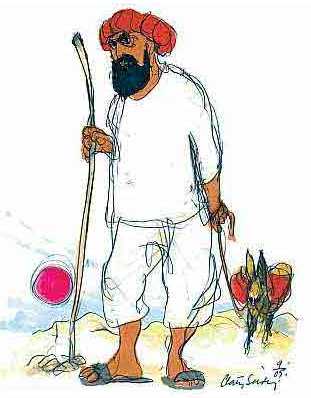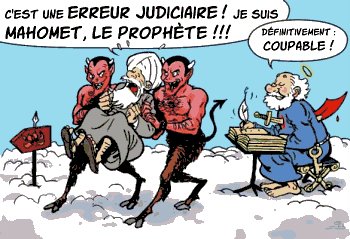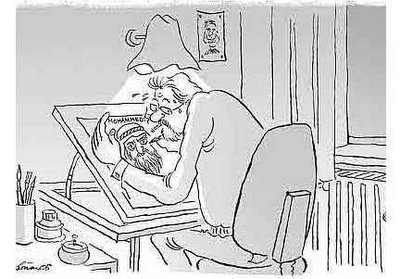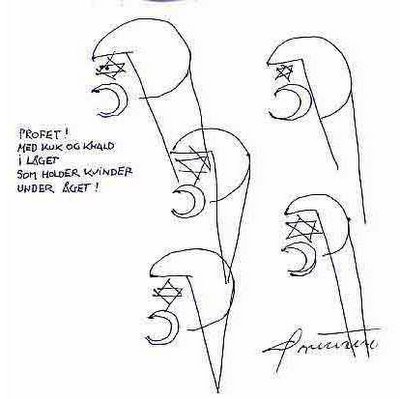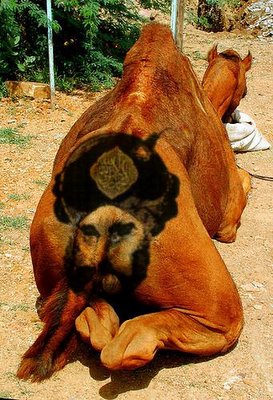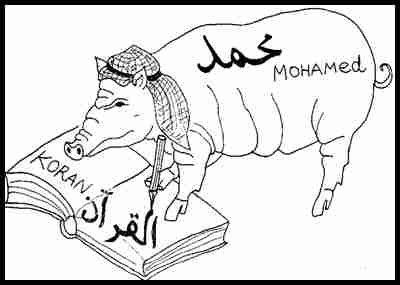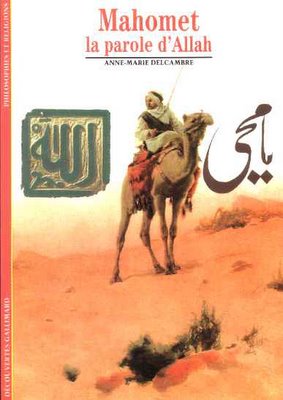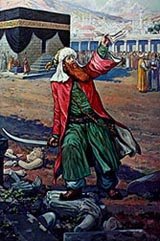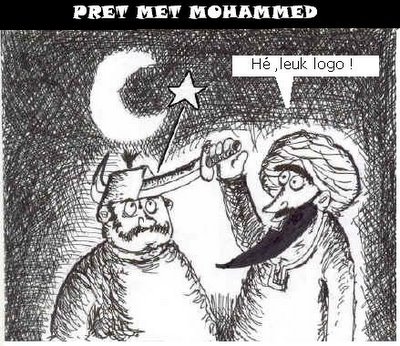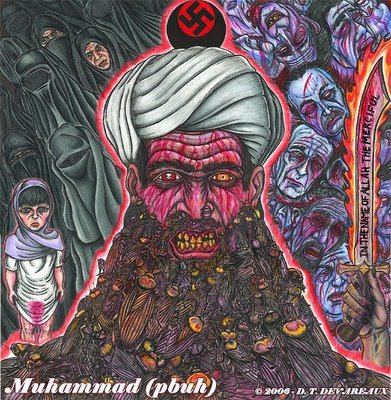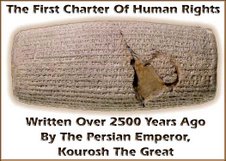
· Former boyfriend faces prison after extradition
· 100,000 copies circulating amid cultural clean-up
Robert Tait in Tehran
Thursday November 23, 2006
Guardian
An Iranian actor at the centre of a video sex scandal has spoken for the first time publicly to deny being a collaborator in the now notorious home-made film.
Zahra Amir Ebrahimi, one of Iran's best known television performers, is facing social ostracism, a wrecked career and a possible lashing after police seized copies of the footage, which appears to show her having sex.
The film, which has been distributed in street markets and posted on websites, has caused profound shock at a time when Mahmoud Ahmadinejad's Islamist government is trying to banish the "corrupting" effects of western culture.
It has been given added impact by Ebrahimi's reputation for playing religious, morally upstanding characters in Iranian state TV soaps. One highly successful series, Narges, was watched by an estimated 68% of the population.
Police interrogated Ebrahimi at length after being alerted to the film's existence. She has not been charged but investigations are continuing.
However, in an exclusive interview with the Guardian, Ebrahimi, 25, denied being the woman in the film. She dismissed it as a fake made by a vengeful former fiance who used studio techniques to form a montage of incriminating images designed to destroy her career.
"I watched the film after I heard about the fuss from colleagues and the girl in it is not me," Ebrahimi said.
"I admit there are some similarities to the character I played in Narges. It is possible to use studio make-up to have a person look like me. I have some knowledge of montage techniques and I know you can create a new face by distorting the features of another person."
Legal experts say Ebrahimi's denial may be sufficient to avoid punishment. Under Iranian law, video footage must be corroborated by supporting evidence or a confession. According to the legal code, sex between two unmarried people carries punishment of up to 99 lashes.
Ebrahimi's ex-fiance, an assistant film producer who has been referred to publicly only as Mr X, is in custody after being extradited from Armenia. He faces up to three years in jail and a £6,000 fine if found guilty of making and distributing the film, which contravenes Iran's strict indecency laws.
He admits taking part but claims that Ebrahimi suggested the film, which he says was shot in her home, and then distributed it herself. However, in a 45-minute interview, Ebrahimi - wearing a hijab and a long woollen coat - said her former fiance threatened revenge after she ended their relationship a year ago because of his infidelity. "He had a lot of affairs and our relationship ended in a very immoral way," she said. "He said he would do something that would mean I would be unable to hold my head up and would prevent me ever working again in Iran. I think this film is him trying to put his threats into action."
An estimated 100,000 copies have been circulating in the last two months. The accompanying publicity has prompted some parents to voice concern that their children have asked to see the film, which has been dubbed Narges II.
Private films showing sex scenes are not uncommon in Iran. However, Ebrahimi's high profile and the ongoing cultural clean-up campaign have prompted a sensitive reaction from the authorities. Tehran's chief prosecutor, Saeed Mortazavi, has ordered police to conduct a special investigation and wants death sentences for those convicted of circulating such productions.
Ebrahimi acknowledged that she had been emotionally upset but denied reports that the affair had driven her to attempt suicide. Her acting career is in jeopardy amid reports that her employers are considering dropping her.
But Ebrahimi, who comes from a religious family, said the heaviest burden came from being accused of immorality in a religious society. "According to the moral norms of Iranian society, it is very damaging for this film to be distributed under my name," she said. "If you look at my professional resume, you will see that I have taken part in mainly spiritual or religious films and programmes.
"My parents and I thought we were living in a society with common sense. Instead, we find that 90% of people are following this thing and taking it seriously. If people have a chance, they are curious about indecent and vulgar things."



